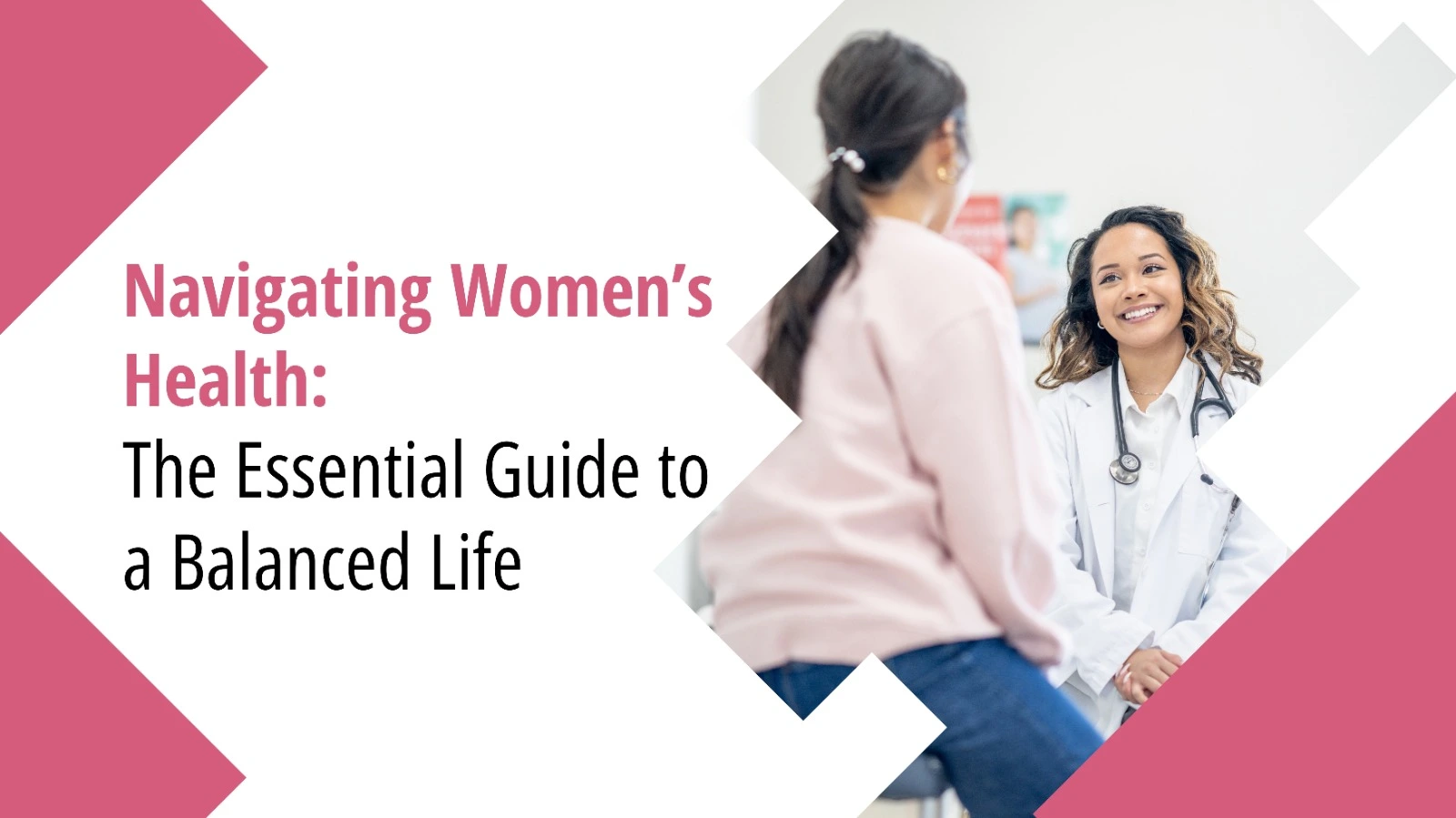
Navigating Women’s Health: The Essential Guide to a Balanced Life
Women’s health is a broad and dynamic field that encompasses physical, emotional, and social well-being. It is not just about managing diseases but achieving a harmonious balance in life. Women face unique challenges due to biological differences, societal expectations, and lifestyle factors. Understanding these aspects is key to ensuring holistic well-being.
The Pillars of Women’s Health
Women’s health can be divided into several categories, each essential for a balanced life:
- Physical Health
- Regular exercise: At least 30 minutes of moderate activity daily. Yoga, walking, and strength training can help.
- Balanced diet: Include lean proteins, whole grains, healthy fats, and plenty of fruits and vegetables.
- Hydration: Drink at least 8 glasses of water a day.
- Sleep: Ensure 7-9 hours of uninterrupted sleep each night.
- Mental Health
- Stress management: Practice mindfulness or meditation.
- Therapy and counseling: Seek professional help when needed.
- Social connections: Maintain strong bonds with family and friends.
- Reproductive Health
- Regular gynecological check-ups: These help detect issues early.
- Birth control: Consult a specialist to choose the right method for you.
- Awareness of menstrual health: Keep track of your cycle and understand irregularities.
- Preventive Health
- Screenings: Regular mammograms, pap smears, and bone density tests as per age and risk factors.
- Vaccinations: HPV vaccines, flu shots, and others recommended by your doctor.
- Regular health check-ups: Monitor cholesterol, blood pressure, and sugar levels.
Key Challenges Women Face
Several health issues disproportionately affect women. Recognizing and addressing these can make a significant difference:
- Cardiovascular Diseases
Often mistaken as a “man’s disease,” heart conditions are the leading cause of death among women globally. Recognizing symptoms like fatigue, chest pain, and shortness of breath is crucial. - Hormonal Disorders
- Conditions like PCOS, thyroid imbalances, and endometriosis can impact quality of life.
- Understanding symptoms like unexplained weight changes, mood swings, or irregular periods is essential for timely treatment.
- Mental Health Issues
- Depression and anxiety are more prevalent in women.
- Factors like hormonal fluctuations, societal pressures, and caregiving roles contribute to this.
- Bone Health
- Women are at higher risk of osteoporosis, especially post-menopause.
- Calcium and vitamin D intake, along with weight-bearing exercises, are preventive measures.
Practical Tips for Maintaining Balance
To achieve a balanced life, women need to focus on their overall well-being. Here are practical steps:
- Prioritize Self-Care
- Schedule “me-time” daily to recharge.
- Pursue hobbies that bring joy and relaxation.
- Learn to Say No
- Overcommitting can lead to burnout. Recognize your limits and set boundaries.
- Stay Informed
- Read about health topics relevant to you.
- Join support groups or attend workshops.
- Seek Support
- Share responsibilities with family or hire help when needed.
- Build a network of trusted friends and mentors.
The Role of Regular Check-Ups
Preventive care is often overlooked but is the backbone of good health. Here’s what you should prioritize:
- Annual Physical Exams: Assess overall health and catch potential issues early.
- Blood Work: Monitor vital parameters like cholesterol, sugar, and hormonal levels.
- Gynecological Exams: Regular pap smears and pelvic exams help detect reproductive health issues.
A balanced life is within every woman’s reach, but it requires effort and consistency. Health is an ongoing journey, not a destination. By taking small, consistent steps, women can navigate the complexities of life while maintaining their well-being.
